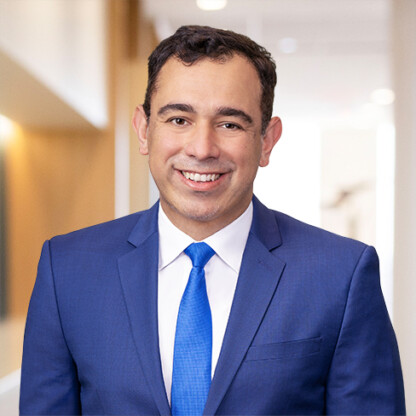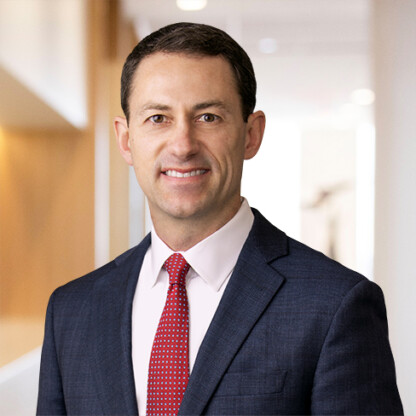Foley Secures Precedent-Setting Victory in Constitutional Challenge to the False Claims Act’s Qui Tam Provisions
Foley & Lardner LLP is pleased to announce a landmark victory in a constitutional challenge to the qui tam provisions of the False Claims Act (FCA), resulting in the dismissal of a lawsuit against its clients, Florida Medical Associates, LLC, et al. (the defendants). The FCA’s qui tam provisions permit private individuals, known as “relators,” to file lawsuits on behalf of the United States, alleging fraudulent claims for payment to the government. This ruling marks the first federal court decision finding these provisions are unconstitutional.
The case originated from a lawsuit filed by former physician Clarissa Zafirov, who alleged that her employer, Florida Medical Associates, and other defendants engaged in fraudulent practices to inflate Medicare reimbursements. Zafirov claimed that the defendants encouraged unnecessary medical visits, constituting a violation of the FCA. The government never intervened in the suit, so Zafirov attempted to pursue the case on her own. In response, Foley filed a motion for judgment on the pleadings, arguing that the qui tam provisions empower relators to act as officers of the United States without being duly appointed, violating the Appointments Clause of Article II of the U.S. Constitution.
On September 30, 2024, U.S. District Judge Kathryn Kimball Mizelle of the Middle District of Florida ruled that the FCA’s qui tam provisions violate Article II of the Constitution. In her decision, Judge Mizelle emphasized that these provisions grant private individuals the power to exercise executive authority without accountability to the President, thereby contravening the Appointments Clause.
Foley partner Jason Mehta commented, “We are proud to have achieved this landmark win for our clients. For far too long, defendants have faced the threat of plaintiff’s lawyers demanding treble damages for alleged violations, making outsized demands in the name of the United States government—even when the government was not involved. Judge Mizelle’s ruling rightly criticized these whistleblower suits for their ‘daunting monetary penalties,’ and will hopefully help curtail such extortionate suits that have driven up costs for all Americans.”
In addition to Mehta, the Foley team representing the defendants in this victory included partners Matthew Krueger, Michael Matthews, Joseph Swanson, of counsel Lauren Valiente, and associates Olivia Benjamin, Samantha Gerencir, Jerry Kerska, and David Wenthold.



